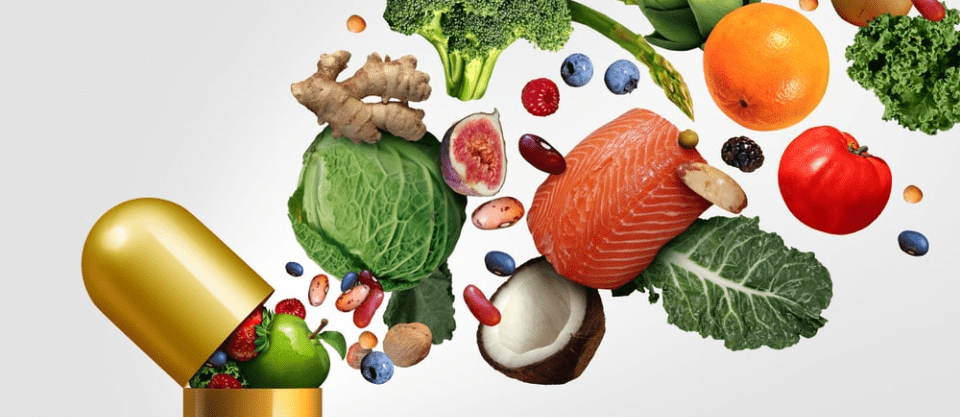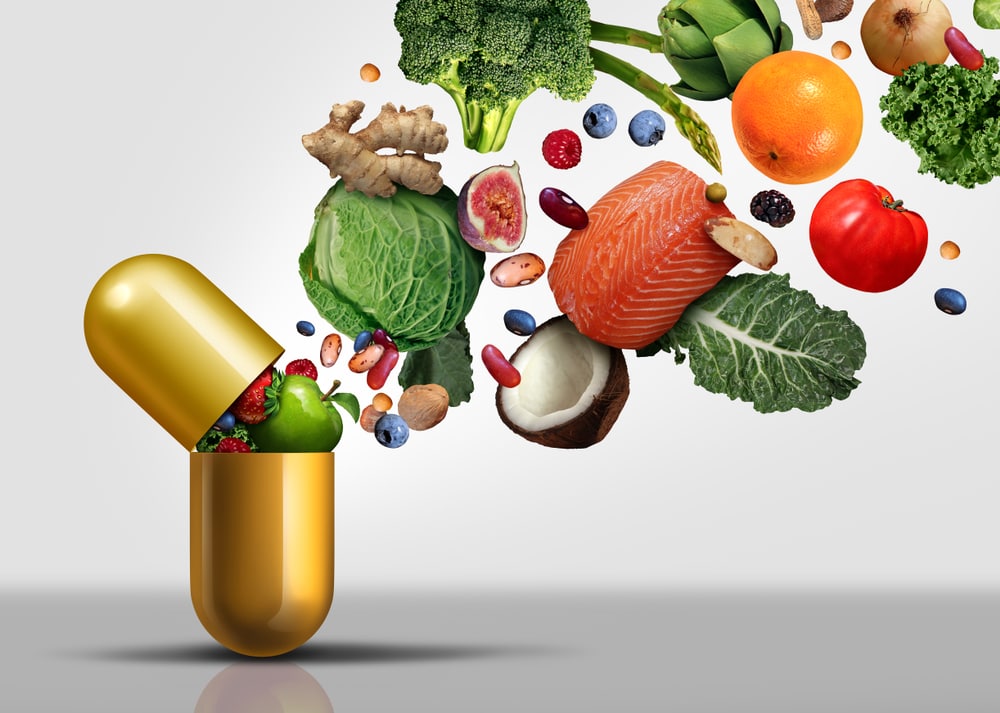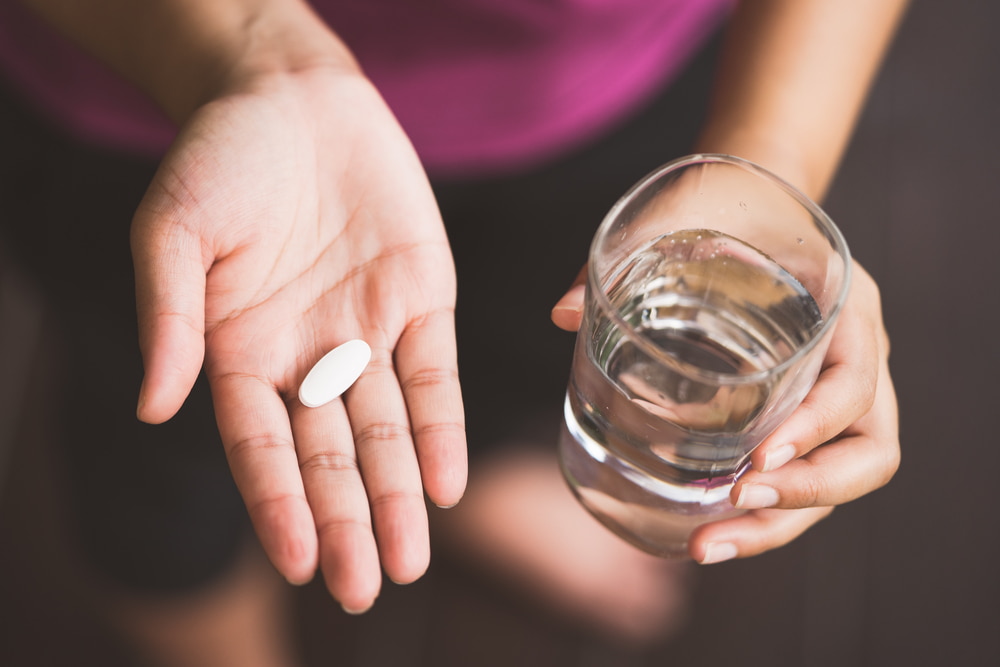
Wholefoods Versus Supplements
Many people strive for a better and healthier lifestyle. Diet plays a major role in our health, along with lifestyle and our mental health. So how can we achieve the perfect diet? Does taking a multivitamin or superfood supplements help us achieve the perfect diet? After all, popping a pill is much easier then eating all those vegetables full of goodness. Let’s find out the facts on supplements, and what they will and won’t do for you.
Wholefoods versus Supplements:
The common mistake people make is that they try to substitute their diet with supplements. Supplements are not intended to substitute a bad diet. Supplements certainly can’t replicate everything you get from eating whole foods, such as your fruit and vegetables. Fruit and vegetables have a mixture of micronutrients that your body need.
Micronutrients needs can certainly be met through eating a diet abundant with fruit and vegetables. Varying the type of foods you eat is best as this means you are getting a wide range of micronutrients into your diet. Wholefoods contains dietary fibre which everyone needs to help prevent certain types of diseases, and it helps prevent constipation. Most supplements do not contain fibre. Most fruit and vegetables also contain antioxidants which are vital to combat free radicals in our body. This means they help to combat damage in the body. Again, most supplements won’t contain antioxidants, unless you buy a specific antioxidant supplement.Who should take supplements?
It is necessary for some people to take supplements. For instance, if you live in a country which doesn’t receive much sunlight, you may need to take a vitamin D supplement. Some populations do not consume much oily fish, and this can quantify for an omega-3 supplement. Some people choose to take a probiotic supplement if they do not consume very much fermented foods. Women who may become pregnant need extra folic acid to prevent any neural tube defects in babies.
A lot of women may need an iron supplement as they tend to lack in it due to the menstrual cycle and pregnancy. Vegans and vegetarians usually need extra vitamin B12 due to limiting foods in the diet. Illness, medical conditions, ageing and calorie restricting can all quantify for supplement need. The body does show signs of micronutrient deficiencies. The only way to really know if you need a supplement, is to get blood works done with a doctor. This is a common procedure and most people get it done every 6-12 months.
What should I know if choosing to take a supplement?
Supplements can interact with medication which is why it is so important to consult a doctor before using a supplement. A doctor will advice on what supplement is suitable for you and in what dose. Choosing to take mega doses of supplements will not make you super healthy. The body has a limit to the amount of micronutrients it needs. Taking too much can cause toxicity in the body. Again, this is why it is important to consult with a doctor first. Take note of what you are eating in your diet. Can you increase your intake of fruit and vegetables?
Most people report they do not consume enough fruit and vegetables in the diet. Vitamins and minerals are now added to lots of different foods, so you may be consuming more than you think. Check the food labels on foods you are consuming. Remember supplements are synthetic. Our body processes the micronutrients from wholefoods much more efficiently than from supplements. Try to get as much micronutrients as possible from food, and then supplement if needed.
If you want to learn more about supplements, nutrition and food labels, Log in to get yourself motivated straight away!
Looking to enhance your knowledge of nutrition? Join our top-rated professional diploma in nutrition Today!





